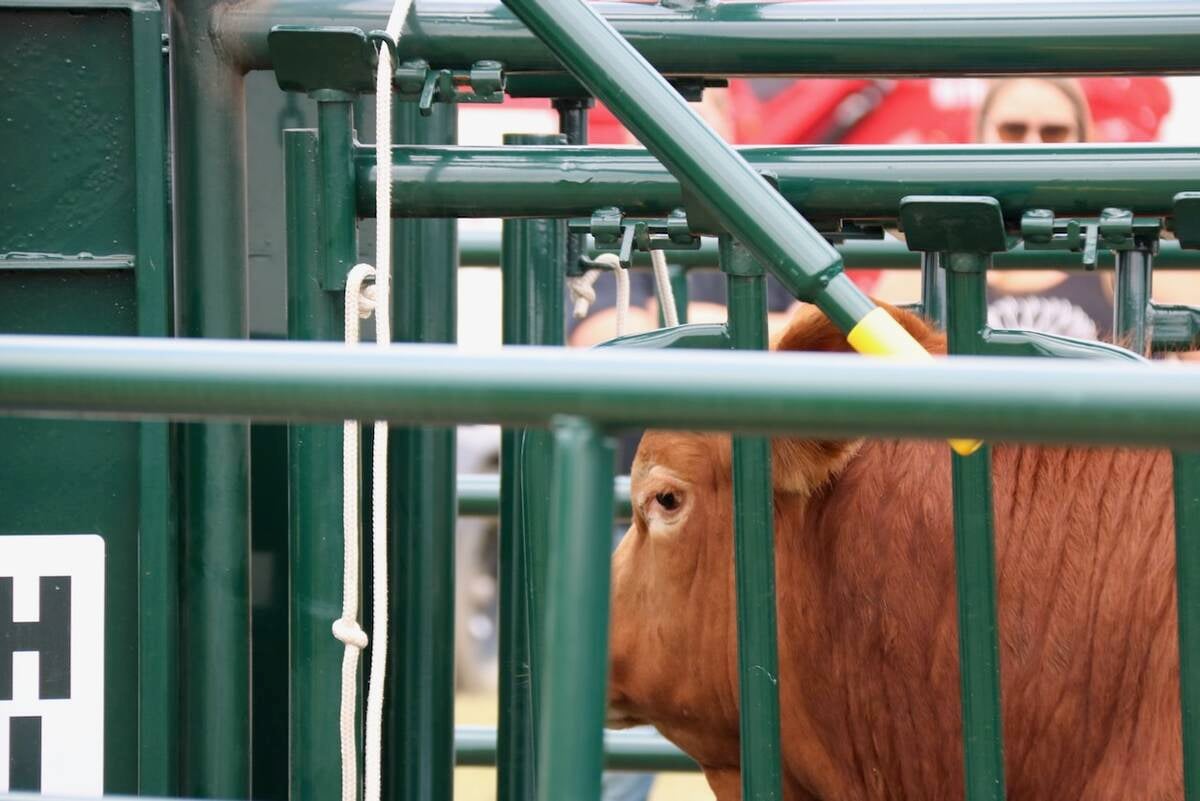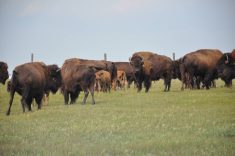Animal welfare experts are blaming the economy rather than the weather for an increase in the number of neglected horses.
The Saskatchewan SPCA says it has inspected 1,576 horses so far this fiscal year between April 1, 2009, and Feb. 19, 2010, compared to 1,231 horses inspected between April 1, 2008, and March 31, 2009.
However, the number of complaints has dropped to 130 from 154 the previous year.
“Horse prices are extremely low and feeding costs are high,” says Lloyd Howden, acting manager of animal protection services with the Saskatchewan SPCA.
Read Also

Good handling equipment a must on cattle operations
It’s important for the safety of producers and everyone else dealing with their stock that handling equipment is functional and safe.
“There are areas, more to the west of the province, where there were drought conditions, so there is a very limited amount of hay resources available and it is very costly to buy.”
He said March and April are usually the busiest months for the SPCA because many producers run short on their feed reserves and there’s no pasture or grazing.
“Unfortunately some of the producers are trying to balance the value of the animal compared to the cost to care for it and in these cases, the animals are coming out on the short end.”
A mild winter lessened the blow, said SPCA executive director Frances Wach.
From April 1, 2009, to Feb. 19, 2010, 22 percent of the complaints to the SPCA involved horses. Of those, Wach said 30 percent were unfounded and about 65 percent involved education. The remaining one to three percent resulted in seizure of the animals and in some of those cases, charges were filed against the owners.
She said the SPCA recently took custody of 45 horses, but the matter is still under investigation. Twenty-eight were seized and 17 were surrendered to the SPCA.
Howden said general body condition is important when determining a horse’s health.
“If the horse is in a nice flush body condition, well obviously it’s not lacking any feed,” he said.
He said SPCA investigators also look at adequate windbreak protection and water sources.
“We do recommend producers provide a source of water, but snow is acceptable provided it’s in abundance.”
Howden said an increase in complaints doesn’t necessarily mean more neglected animals.
“Years ago, people would see a herd of the neighbour’s cows everyday and these cows are in poor shape, but they didn’t want to get involved. Society on a whole is changing. Society is saying, “that’s it, we can’t tolerate this anymore.’ ”
Saskatchewan is not alone in seeing an increase in reported animal abuse cases.
The number of seizures has doubled in Alberta during the last few years, with the Alberta SPCA conducting 10 seizures involving 140 horses since Oct. 1.
Morris Airey, the agency’s director of animal protection, said dead animals were found on eight of the 10 properties after search warrants were carried out. Like Saskatchewan, the situation is blamed on the economy, high cost of feed and lack of forage under the snow.
“An early cold snap in December took its toll on animals when they (were) not receiving adequate nutrition.”
Airey said most complaints and seizures involved hobby farms.
“They’re more pleasure horses, I would say, that people are not relying on as a source of income themselves.”















